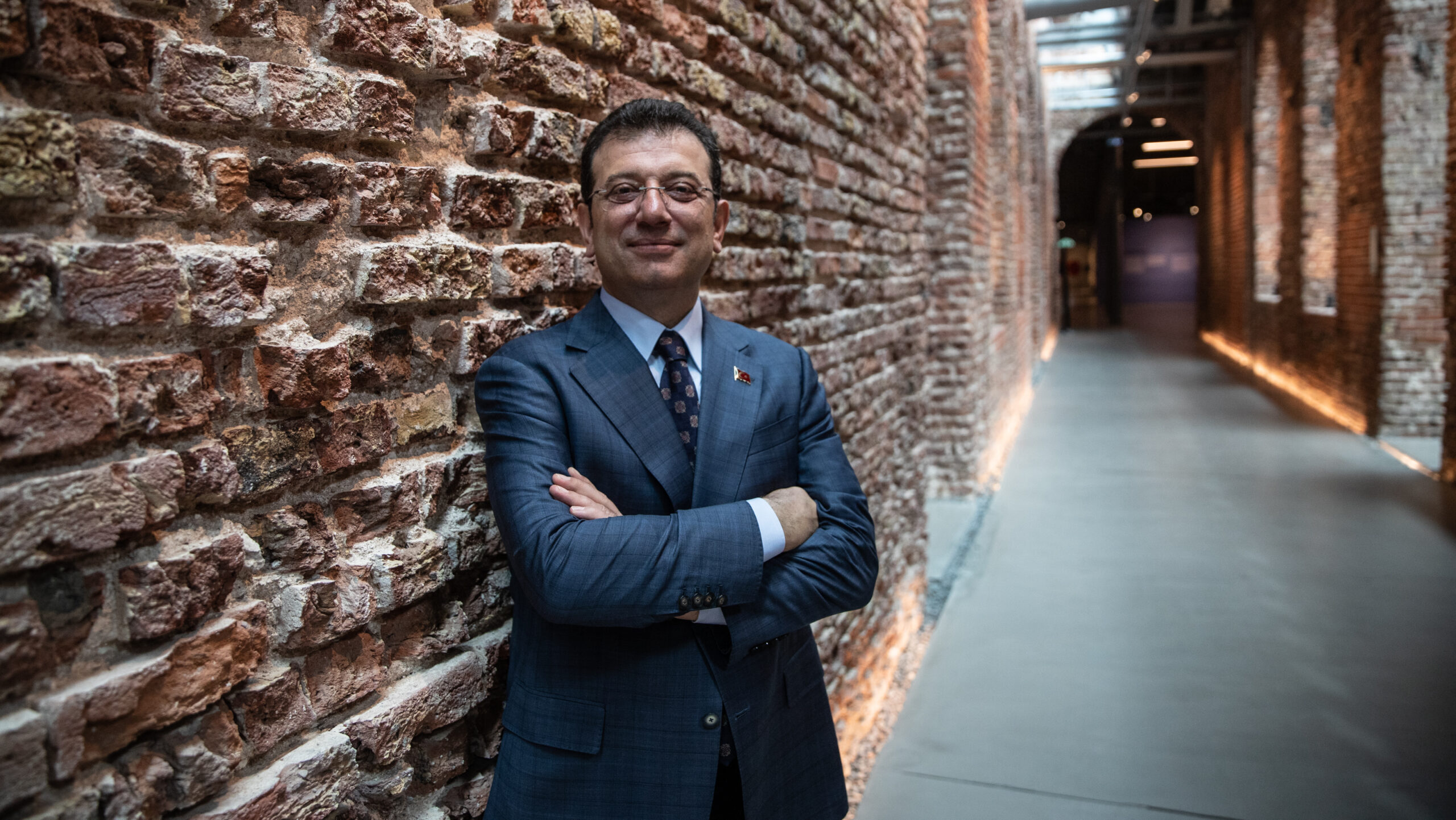Turkish Authorities Arrest Istanbul Mayor, Block His Presidential Run
Istanbul Mayor Ekrem Imamoğlu, a prominent opposition leader and potential presidential contender, was arrested on Wednesday in Turkey on charges of corruption and terrorism-related offenses. His detention, which follows the annulment of his university diploma a day earlier, effectively disqualifies him from running in future elections. The arrest has triggered a political crisis, with opposition leaders calling it an attempt to eliminate a key rival to President Recep Tayyip Erdoğan.
Police detained Imamoğlu at his home, along with several aides, as part of a broader investigation that has led to over 100 arrest warrants. His Republican People’s Party (CHP), Turkey’s main opposition force, condemned the move, with party chairman Özgür Özel calling it a “coup attempt” against the democratic process. Imamoğlu himself, in a social media video, accused the government of “usurping the will of the people,” vowing not to back down.
This holiday season, give to:
Truth and understanding
The Media Line's intrepid correspondents are in Israel, Gaza, Lebanon, Syria and Pakistan providing first-person reporting.
They all said they cover it.
We see it.
We report with just one agenda: the truth.


His arrest follows Istanbul University’s sudden decision to nullify his undergraduate diploma, citing irregularities in his 1990 transfer from a university in northern Cyprus. Since a university degree is required to run for president in Turkey, the ruling effectively bars him from challenging Erdoğan in the next election. Imamoğlu, who denies wrongdoing, said he would appeal the decision.
The crackdown comes after Erdoğan’s ruling Justice and Development Party suffered setbacks in local elections in March, losing control of key cities, including Istanbul and Ankara. Imamoğlu, who was first elected in 2019 in a historic blow to Erdoğan’s party, secured a second term in 2024 despite facing legal and political pressure.
Turkish authorities have also imposed restrictions on social media platforms, including X, YouTube, Instagram, and TikTok, while banning protests in Istanbul for four days to prevent demonstrations. The move has drawn criticism from rights groups and opposition figures, who argue that the government is tightening its grip on dissent.
Imamoğlu faces multiple legal battles, including a previous conviction for insulting Turkey’s Supreme Electoral Council, which he is appealing. If upheld, it could result in a political ban. His latest arrest is expected to escalate tensions ahead of the next presidential election, scheduled for 2028 but widely expected to be called earlier.

